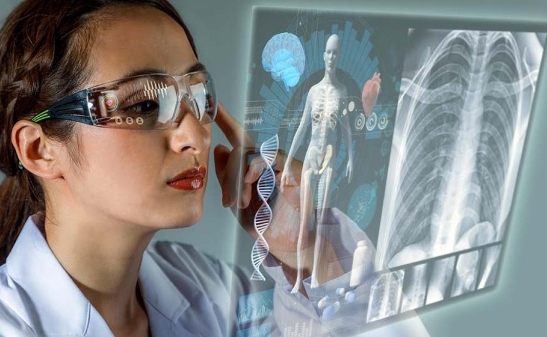Virtual reality (VR) technology is revolutionizing the healthcare industry in ways we never thought possible. From improving patient outcomes to enhancing medical training, VR is transforming the way we approach healthcare.
Enhancing Medical Training
Medical professionals are using VR simulations to practice surgeries and procedures in a safe and controlled environment. This hands-on training experience allows them to make mistakes and learn from them without putting patients at risk. VR simulations also provide a more immersive and realistic training experience compared to traditional methods.
Improving Patient Outcomes
VR is being used to help patients manage pain, anxiety, and stress. By immersing patients in virtual environments, VR therapy can distract them from their discomfort, reduce anxiety levels, and improve their overall well-being. VR is also being used in physical therapy to help patients recover from injuries or surgeries more quickly.
Increasing Access to Healthcare
Telemedicine has become more popular in recent years, allowing patients to consult with medical professionals remotely. With VR technology, patients can have virtual appointments with healthcare providers, receive personalized care plans, and even undergo virtual medical procedures from the comfort of their own homes. This increased access to healthcare is especially beneficial for patients in rural or underserved areas.
Revolutionizing Mental Health Treatment
VR is also being used to treat mental health conditions such as phobias, PTSD, and depression. By exposing patients to virtual environments that trigger their fears or traumas, therapists can help them confront and overcome their issues in a controlled setting. This type of exposure therapy has been shown to be highly effective in treating various mental health disorders.
Enhancing Medical Research
Researchers are using VR to better understand the human body and diseases. By creating virtual models of organs, tissues, and cells, scientists can study complex biological processes in a more interactive and detailed manner. This enhanced visualization can lead to new discoveries and advancements in medical research.
In conclusion, VR technology is transforming the healthcare industry in numerous ways, from improving medical training and patient outcomes to increasing access to healthcare and revolutionizing mental health treatment. As the technology continues to evolve, we can expect even more innovative uses of VR in healthcare in the future.

